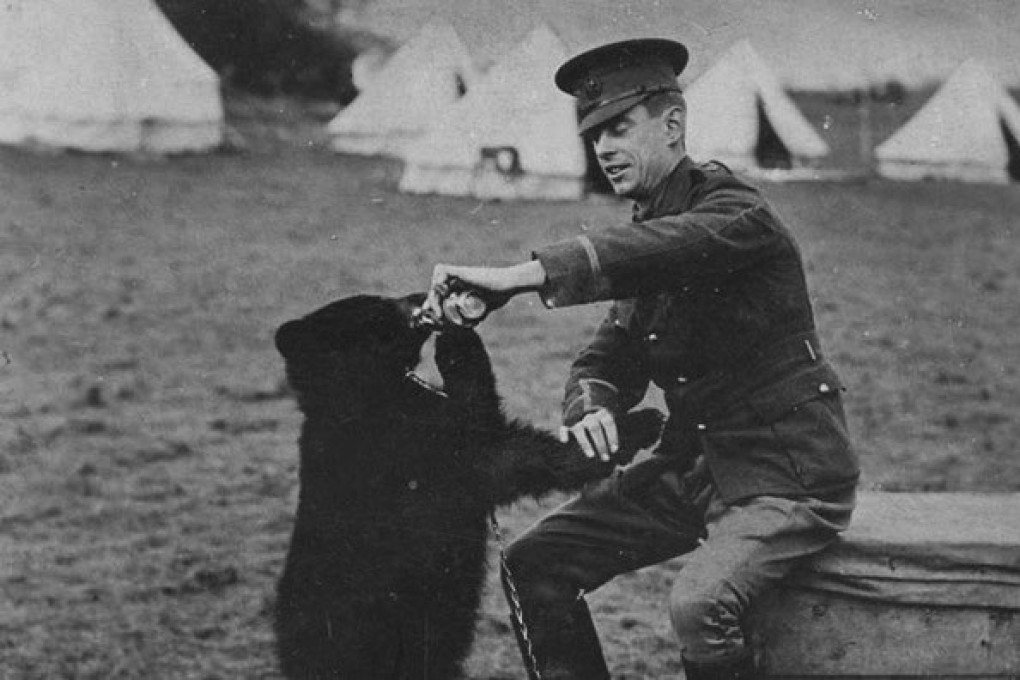Xi Jinping, Winnie the Pooh and the Canadian origins of the bear that’s banned in China
Comparisons between the beloved character and the Chinese president might have gone viral, but few are aware that Winnie’s story began in Canada during World War I

While most are now familiar with satirical comparisons of Chinese President Xi Jinping and popular children’s cartoon character Winnie the Pooh, fewer may know that the lovable bear’s origins lead all the way to a heartland Canadian city during the first world war.
“It is so outrageous and absurd,” says Canadian Lindsay Mattick, whose award-winning children’s books are still available in China despite the controversy. “To ban something like Winnie the Pooh, one of the most loving, peaceful and happy stories of all time, is really quite sad.”

In 1914, a trainload of military men pulled into White River, Ontario, on their way to training in Quebec before heading to the war in Europe. During the brief stop, a 27-year-old Canadian soldier, Harry Colebourn, originally from England, made a purchase from a trapper: a black bear cub.
The trapper had killed the mother but said he could not do the same to its cub. Smitten, Colebourn handed over some cash and dubbed the female cub Winnie, after his adopted hometown of Winnipeg, Manitoba.
